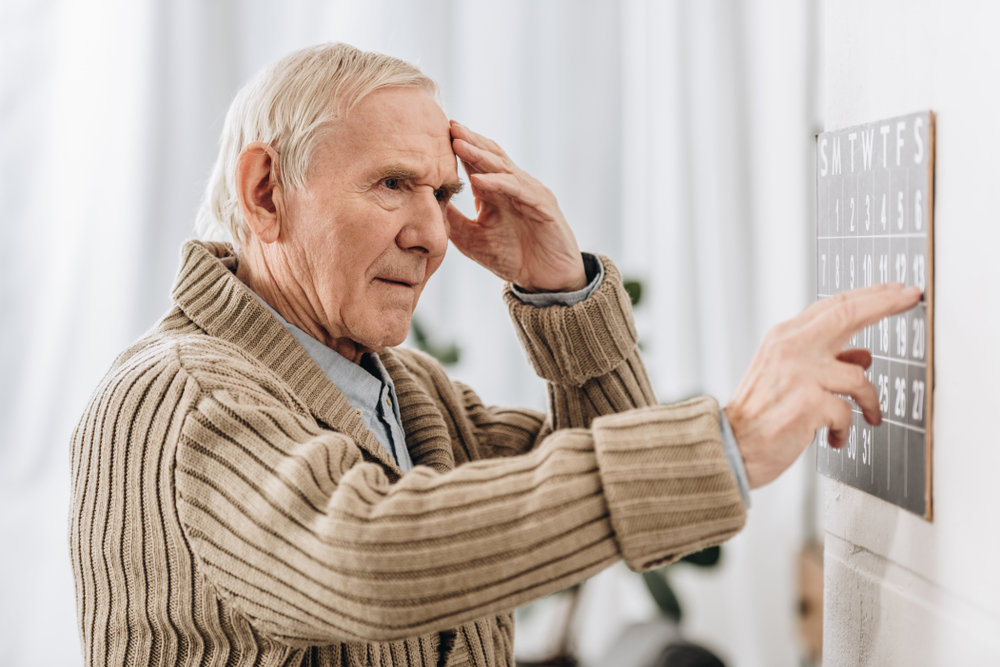Benefits of Jigsaw Puzzles for Elderly Adults
Category:

Are you looking for a fun activity that also has numerous benefits for your mental health? Look no further than puzzles! As it turns out, cognitive puzzles are not only enjoyable, but they can also provide a host of unexpected advantages, especially for seniors. In this post, we’ll dive into all the ways that puzzles can boost your brainpower and contribute to a healthier mind.
Understanding the Brain-Boosting Power of Puzzles
When seniors engage with jigsaw puzzles, they’re not just passing time; they’re also engaging their brains in ways that can lead to significant cognitive improvements. Puzzles activate both the left and right hemispheres of the brain, necessitating a cooperative effort for effective problem-solving. The left hemisphere, which is associated with logical thinking and analytical processes, works in tandem with the right hemisphere, which is responsible for creativity and intuition. This bilateral brain engagement enhances cognitive functions as the brain’s two sides communicate and connect through puzzle-solving, enhancing both mental agility and creative problem-solving skills.
Benefits of Jigsaw Puzzles for the Elderly
Puzzles are a popular form of entertainment that many people enjoy. They can be a relaxing way to pass the time, but did you know that they also offer many benefits for the brain? In fact, there are numerous advantages of doing puzzles for adults, including:
- Decreased stress levels. Jigsaw puzzles naturally create a sense of meditation, helping you to relax. Furthermore, it can also make it easier to fall asleep at night.
- Improved cognitive ability. Putting puzzles together helps promote neuroplasticity, which helps influence our physiological and behavioral attributes. Research has shown that it may even delay Alzheimer’s and dementia.
- Improved memory. When picking up a puzzle piece, you have to sort through and find the same color to determine which one fits with the one you have. You also have to have the larger puzzle in mind when building it. Exercising this part of the brain can improve short-term memory.
- Improved mood. Successfully putting a puzzle together can make one feel very happy and satisfied. Putting two pieces together successfully releases dopamine, the neurotransmitter responsible for regulating mood and optimism. This consistent release of this neurotransmitter encourages you to keep building and results in even higher levels of satisfaction.
- Improved fine motor skills. Consistently using muscles in the hands can help improve manual dexterity.
- Increased problem-solving skills. Putting puzzles together can involve formulating theories and doing trial and error to determine which pieces go where. This can significantly improve problem-solving skills and critical thinking.
- Better attention to detail. With jigsaw puzzles, you often have to differentiate between shapes and colors. This can help improve attention to detail and visual-spatial reasoning.
- More social collaboration. While putting a puzzle together can be fun and rewarding, it can also be a great social activity. Putting a puzzle together with a loved one and achieving a common goal together can be very satisfying, keeping you active and engaged.
Other Fun Brain Stimulating Activities for Seniors
While jigsaw puzzles offer exceptional advantages, there are many other puzzles and mentally stimulating games that benefit older adults. These range from traditional board and card games like Bingo, Checkers, and Chess to word and number challenges like Crosswords, Scrabble, Sudoku, and Trivia. Even solitary games like Solitaire can be beneficial, and mazes are a great way to practice problem-solving skills.
In light of these benefits, it’s clear that puzzles are more than just entertainment. They’re a fun and effective way to keep the brain active and engaged. So, whether you prefer a classic jigsaw or a game of chess, take the time to indulge in these brain-boosting activities.
Subscribe
Date: 2023-11-07
Category:


